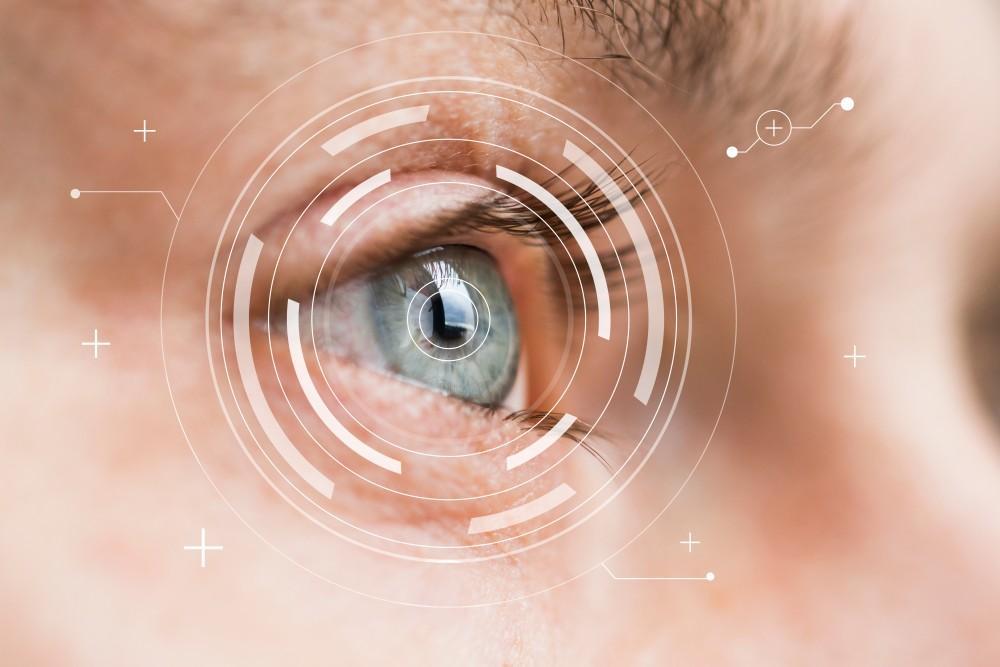
Are You a Candidate for LASIK?

Eye surgery sounds like a big, complicated step to correct imperfect vision. But it’s a common procedure that helps hundreds of thousands of people every year.
At the office of Dr. Stephen Khachikian, you can undergo LASIK surgery and say good-bye to glasses and contacts and the hassle and expense of maintenance. LASIK treats your vision problem at the root of the cause. Read on to find out if LASIK is the right procedure for you.
The goal of LASIK
The goal of LASIK is to create a cornea shape that’s more like that in people with normal vision. People with normal vision receive images that are clearly focused on the retina in the back of the eye, thanks to light rays that bend properly when passing through the cornea to contact the retinal surface.
If you have astigmatism, are nearsighted, or are farsighted, your cornea is imperfectly shaped. Light bends incorrectly and ends up focused somewhere away from the surface of your retina. You see blurry shapes and images as a result.
How LASIK works
Glasses and contacts use lenses that blend the light and aim it more precisely at the surface of your retina. LASIK, however, involves reshaping your cornea. This means Dr. Khachikian corrects the problem at the source and creates the ideal shape for light to pass through to create clear images.
The LASIK procedure
LASIK is a form of laser refractive surgery used to precisely change the shape of your cornea and improve your vision. During the surgery, Dr. Khachikian reshapes the cornea so light optimally enters your eye, creating accurate images for your brain to interpret.
Candidates for LASIK
Candidates for LASIK must be 18 or older. Consider the procedure if you’ve had stable vision for at least one year, meaning you haven’t had changes in your prescription. Other factors that indicate LASIK may be right for you include:
- You’ve worn glasses or contacts for at least three years
- You’re not pregnant or nursing
- You have a lens prescription within certain parameters as defined by Dr. Khachikian
You should also be free of active corneal disease or eye problems such as corneal ulcers, cornea thinning, glaucoma, diabetic retinopathy, or macular degeneration.
Minimal side effects
If you’re worried about LASIK requiring a long recovery and you’re putting it off as a result, don’t. The side effects of LASIK are mild and last for just a few days for most people. You may experience light sensitivity, mild discomfort, and dry eyes. Eyedrops, over-the-counter medications, ice packs, and limiting night driving can help ease these side effects until they resolve.
If you’re ready to wake up every day with clear vision, contact the Rapid City, South Dakota, office of Stephen Khachikian, MD, to learn how LASIK can help you. We can evaluate you to make sure you’re a good candidate and help you understand exactly what to expect before and after the procedure. Call today or make an appointment using this website.
You Might Also Enjoy...


I’m Not a LASIK Candidate. What About PRK?

Telltale Signs Your Eye Problem Is a Cornea Issue

Why Are Cataracts Common In Seniors?

Can You Prevent Keratoconus From Getting Worse?


